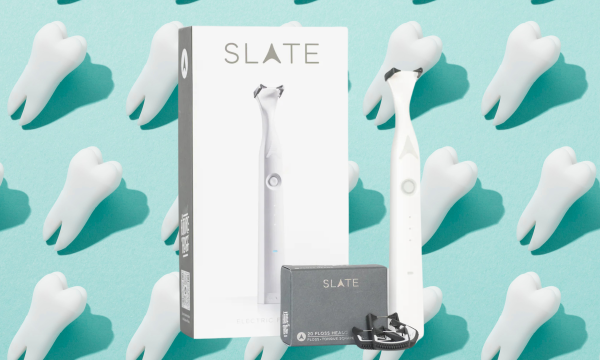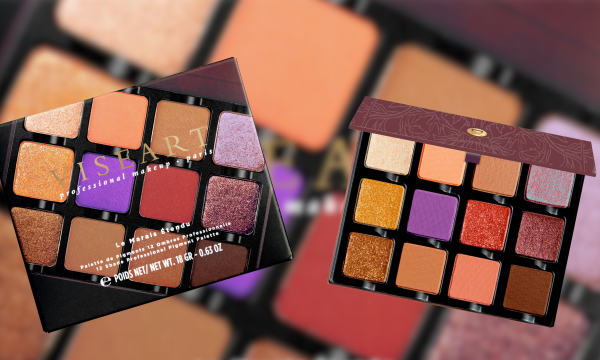Pfizer Inc. and BioNTech SE today announced a new research, development and commercialization collaboration to develop a potential first mRNA-based vaccine for the prevention of shingles (herpes zoster virus, or HZV), a debilitating, disfiguring and painful disease that impacts about one in three people in the United States during their lifetime. The collaboration builds on the companies’ success in developing the first approved and most widely used mRNA vaccine to help prevent COVID-19. This is the third collaboration between Pfizer and BioNTech in the infectious diseases field, following the influenza vaccine collaboration initiated in 2018 and the COVID-19 vaccine collaboration initiated in 2020.
Under the terms of the agreement, the companies will leverage a proprietary antigen technology identified by Pfizer’s scientists and BioNTech's proprietary mRNA platform technology used in the companies’ COVID-19 vaccine. The parties will share development costs. Clinical trials are planned to start in the second half of 2022. Pfizer will have rights to commercialize the potential vaccine on a global basis, with the exception of Germany, Turkey and certain developing countries where BioNTech will have commercialization rights. The companies will share gross profits from commercialization of any product.
“Pfizer and BioNTech co-developed the world’s first mRNA vaccine, providing a well-tolerated and effective tool to help address COVID-19 – the most devastating pandemic in a century – and demonstrating consistent, agile and high-quality manufacturing on an unprecedented scale,” said Mikael Dolsten, M.D., Ph.D., Chief Scientific Officer and President, Worldwide Research, Development & Medical, Pfizer. “With this agreement, we continue on our journey of discovery together, by advancing mRNA technology to tackle another health challenge ripe for scientific innovation, supported by our world-class manufacturing network.”
“The collaboration aims to develop a new mRNA-based vaccine against shingles, leveraging the expertise and resources of both companies,” said Ugur Sahin, M.D., CEO and Co-Founder of BioNTech. “Adults aged 50 years and older as well as vulnerable populations like cancer patients are at an increased risk of shingles. Our goal is to develop an mRNA vaccine with a favorable safety profile and high efficacy, which is at the same time more easily scalable to support global access.
Under the terms of the agreement, Pfizer will pay BioNTech $225 million in upfront payments, including a cash payment of $75 million and an equity investment of $150 million. BioNTech is eligible to receive future regulatory and sales milestone payments of up to $200 million. BioNTech will pay Pfizer $25m for the company’s proprietary antigen technology.
About Shingles (Herpes Zoster Virus)
Shingles (HZV) is a chronic form of the varicella zoster virus (VZV), which causes an initial chickenpox infection. After chickenpox disease, the virus remains dormant in human nerve cells and can re-activate later in life, due to a trigger such as stress or immunocompromise. This attack can lead to extremely painful, disfiguring patches, which may continue to be painful after the episode has resolved, a condition known as postherpetic neuralgia (PHN). In rare conditions, shingles can also lead to facial paralysis, deafness and blindness.
According to the U.S. Centers for Disease Control and Prevention, studies show that more than 99 percent of Americans 40 years and older have had chickenpox, even if they don’t remember having the disease.
While there are currently approved vaccines for shingles, there is an opportunity to develop an improved vaccine that potentially shows high efficacy and better tolerability, and is more efficient to produce globally, by utilizing mRNA technology.














